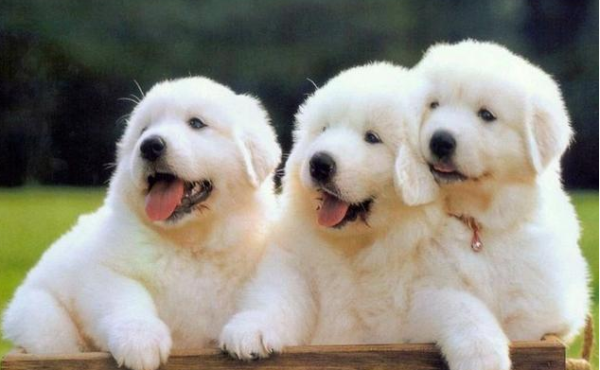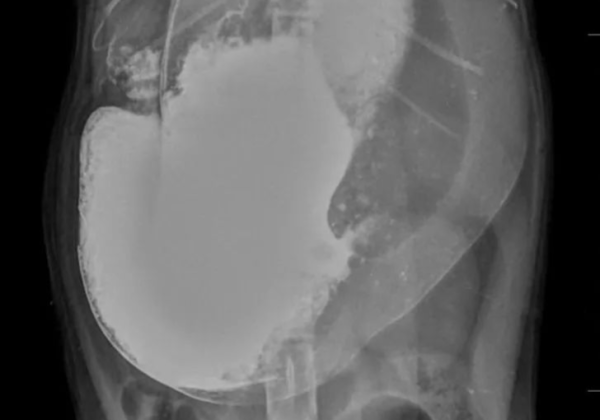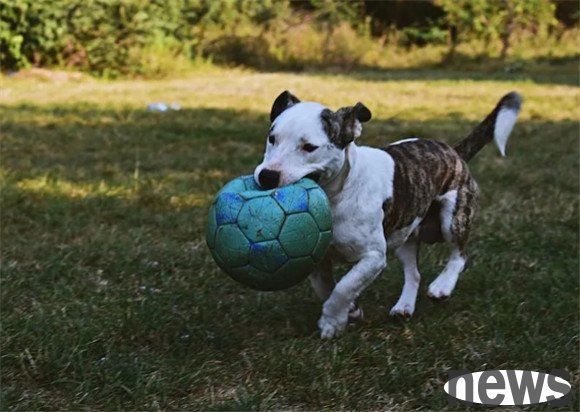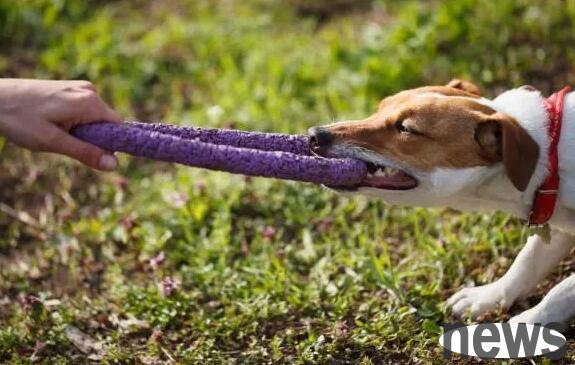What nutrition do dogs need? Learn quickly!
What nutrition does a dog need in its body? The nutrients required by the dog include protein, fat, carbohydrates, minerals, vitamins and water.

Water
Dogs need water far exceeds food. The daily water demand for adult dogs is 100 ml of water per kilogram of body weight; puppies are 150 ml of water per kilogram of body weight.
Fat
Fat is an important part of the living organism, and its main function is to store energy. The energy in fat cannot be absorbed directly by dogs and must be converted into fatty acids before it can be absorbed.
Carbohydrates
Carbohydrates, commonly known as sugar. In dogs, the main source of energy for life activities is glucose, which can be quickly absorbed by dogs. Glucose is always maintained at a certain level in the dog's blood to maintain the energy required for the dog's organs.

Minites
Minites refer to other metal elements other than carbon, hydrogen and oxygen in the dog's body. Although minerals are small in dogs, they will play an important role in the level of hormones in the body, soft tissues, blood, body flow, cells, etc., and directly affect the conduction function of the nervous system.
cellulose
Adjust amount of cellulose can promote gastrointestinal motility and facilitate digestion. Cellulose is widely present in plant-based feeds.
Protein
Protein is the main active substance for life activities and the main nutrient for organisms to maintain their own life activities.
vitamin
vitamins are highly biologically active organic compounds that cannot be synthesized or rarely synthesized in organisms. The various vitamins contained in canine feed are generally sufficient for the dog's body's demand. Balanced nutrition is one of the necessary conditions for the healthy growth of dogs.














